Menu
Hot-Topics
May 17, 2022 | SCOTUS Wraps Up Oral Arguments for the Term
Month: September 2015
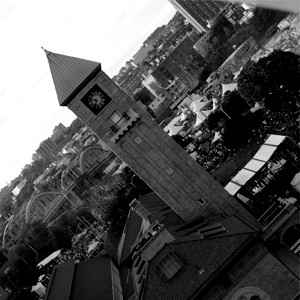
Barron ex rel. Tiernan v. Mayor of Baltimore: The Limits of the Bill of Rights
In Barron ex rel. Tiernan v. Mayor of Baltimore, 7 Pet. 243 (1833), the U.S. Supreme Court held that the Bill of Rights placed limits on the national government and not on state governments. The Court, in an opinion written by Chief Justice John ...
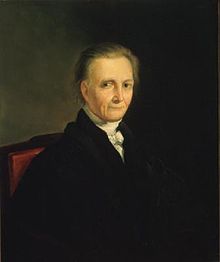
Corfield v. Coryell: The Privileges and Immunities Clause
In Corfield v. Coryell, 6 F. Cas. 546 (1823), Supreme Court Justice Bushrod Washington interprets the Privileges and Immunities Clause of Article 4, Section 2 and articulates a list of fundamental rights guaranteed by the U.S. Constitution. Al...
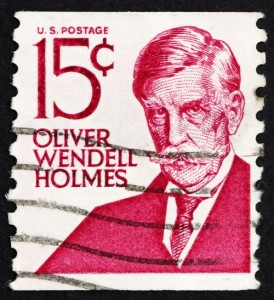
Abrams v. United States: The Dissent that Shaped Free Speech
Justice Oliver Wendell Holmes’ dissent in Abrams v. United States 250 U.S. 616 (1919) is widely regarded as one of the most famous dissents in the history of the U.S. Supreme Court. It sowed the seeds for the modern interpretation of freedom of...
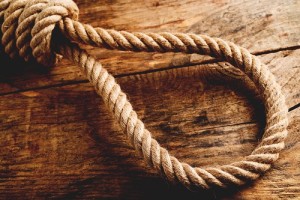
Furman v. Georgia: The Constitutionality of the Death Penalty
In Furman v. Georgia, 408 U.S. 238 (1972), a divided U.S. Supreme Court held that the death penalty could violate the Eighth Amendment’s prohibition on cruel and unusual punishment if not imposed fairly. The decision imposed a brief moratorium ...
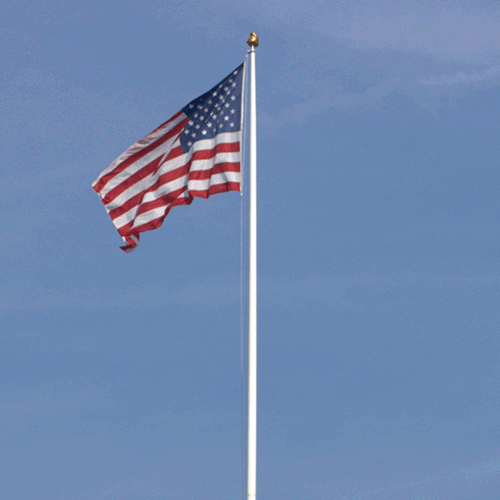
West Virginia State Board of Education v. Barnette
In West Virginia State Board of Education v. Barnette (1943), the U.S. Supreme Court held that requiring public school children to salute the American flag and recite the pledge of allegiance violates the First Amendment. The 6-3 decision was fit...
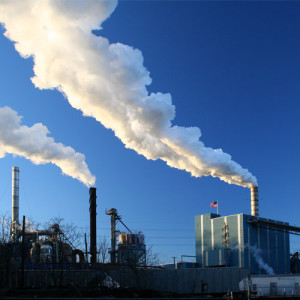
Michigan v. Environmental Protection Agency: Court Strikes Down EPA Emissions Rule
In Michigan v. Environmental Protection Agency, 576 U.S. (2015), the U.S. Supreme Court struck down an EPA rule regulating the emissions of mercury and other chemicals from electric power plants. By a vote of 5-4, the majority held that the EPA int...
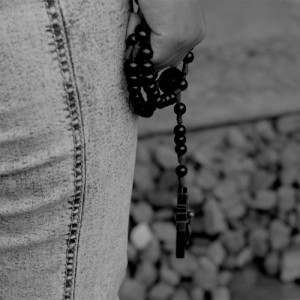
Marsh v. Chambers: The Establishment of Religion
In Marsh v. Chambers, 463 U.S. 783 (1983), the U.S. Supreme Court addressed the Establishment Clause of the First Amendment. By a vote of 6-3, the majority in Marsh v. Chambers held that the Nebraska Legislature's practice of opening each legislat...
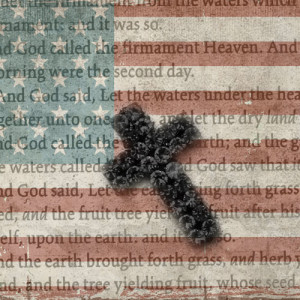
Cantwell v. Connecticut: The Free Exercise of Religion
In Cantwell v. Connecticut, 310 U.S. 296 (1940), the U.S. Supreme Court first applied the First Amendment's Free Exercise Clause to the states. A unanimous Court specifically held that arresting Jehovah’s Witnesses who were proselytizing door-to...
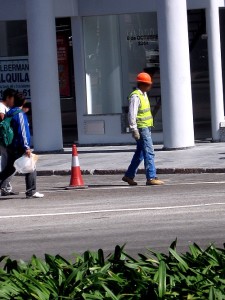
Harris v. Quinn: Public Employees Union and the First Amendment
In Harris v. Quinn, 573 U.S. ___ (2014), the U.S. Supreme Court addressed the circumstances under which workers can be forced to join a union, pay dues and become public employees. By a vote of 5-4, the justices concluded that the First Amendment to...
- 1
- 2
Previous Articles
SCOTUS Wraps Up Oral Arguments for the Term
by DONALD SCARINCI on May 17, 2022
The U.S. Supreme Court has concluded its oral arguments for the October 2021 Term. The justices hea...
SCOTUS Rules Censure of Elected Board Member Didn’t Violate First Amendment
by DONALD SCARINCI on May 10, 2022
In Houston Community College System v. Wilson, 595 U.S. ____ (2022), the U.S. Supreme Court held th...
Supreme Court Breach Is Not the First Involving Roe v. Wade
by DONALD SCARINCI on
The recent disclosure of Justice Samuel Alito’s decision purporting to overturn Roe v. Wade is ar...
The Amendments
-
Amendment1
- Establishment ClauseFree Exercise Clause
- Freedom of Speech
- Freedoms of Press
- Freedom of Assembly, and Petitition
-
Amendment2
- The Right to Bear Arms
-
Amendment4
- Unreasonable Searches and Seizures
-
Amendment5
- Due Process
- Eminent Domain
- Rights of Criminal Defendants
Preamble to the Bill of Rights
Congress of the United States begun and held at the City of New-York, on Wednesday the fourth of March, one thousand seven hundred and eighty nine.
THE Conventions of a number of the States, having at the time of their adopting the Constitution, expressed a desire, in order to prevent misconstruction or abuse of its powers, that further declaratory and restrictive clauses should be added: And as extending the ground of public confidence in the Government, will best ensure the beneficent ends of its institution.
Awards




